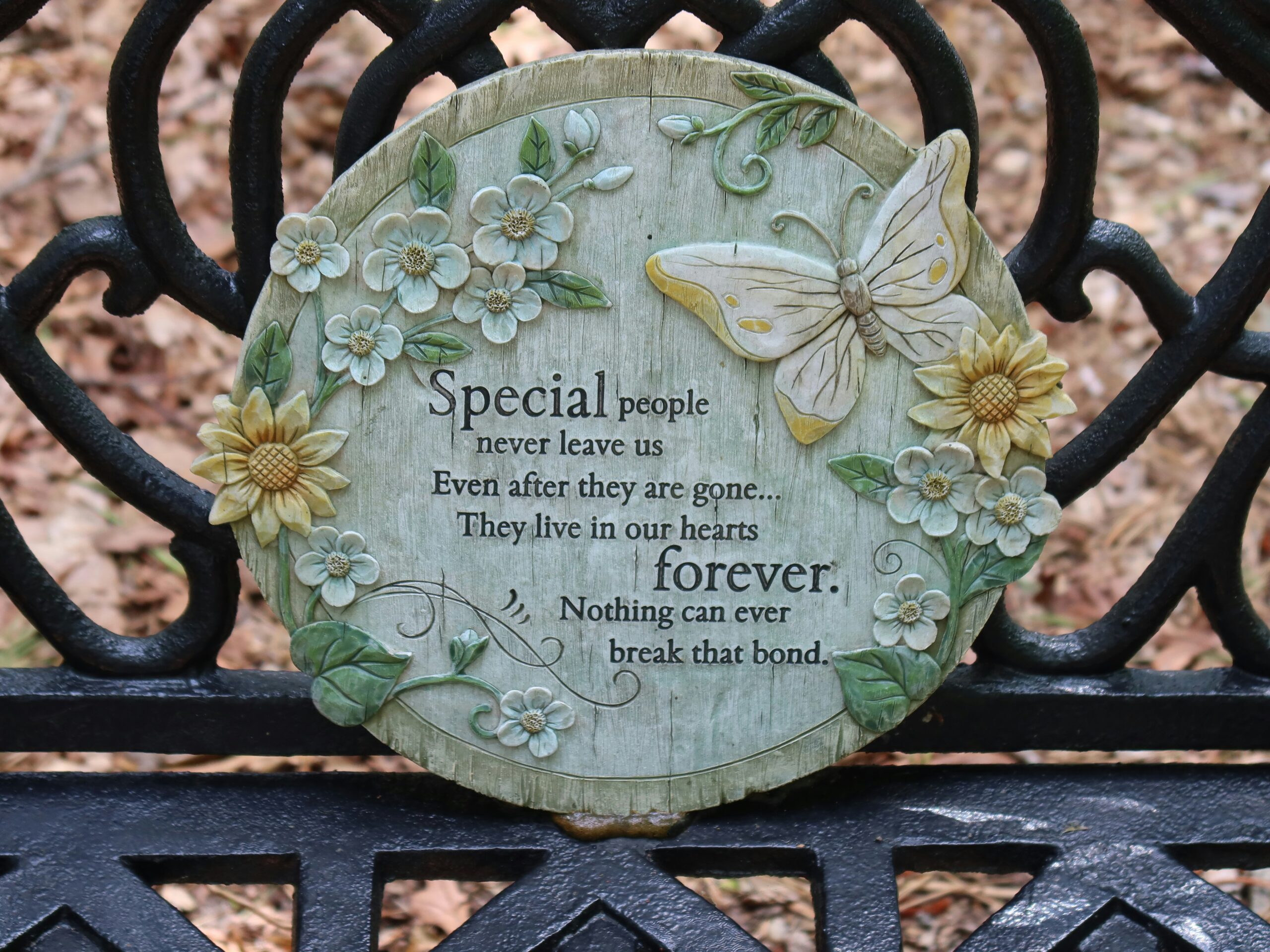
College is often portrayed as one of the most exciting and transformative periods in a young adult’s life. It’s a time of newfound independence, intellectual growth, and forming lifelong friendships. However, for those who experience the death of a loved one during this pivotal time, college can become a place of profound grief and emotional upheaval. This was my reality a couple of weeks into my spring semester of freshman year when I lost my grandfather, someone I was incredibly close to.
The Shock of Loss
The passing of my grandfather caused a major change in my world. He was more than a family member; he was my father figure, my best friend, a steadfast supporter, and a constant presence in my life. His demise left me puzzled and overwhelmed. The grief was tremendous, intensified by the stress of transitioning to college life, balancing a demanding academic schedule, and attempting to establish a social network in a new environment.
Navigating through grief in college requires a multifaceted approach. Here are some coping mechanisms that helped me during this difficult time
1. Seeking Support: One of the most crucial steps I took was to seek support from friends, family, and college resources. Talking to my friends about my grandfather helped me process my emotions and feel less isolated. Many colleges offer counseling services specifically for students dealing with loss. Utilizing these resources can provide professional guidance and a safe space to express grief.
2. Maintaining Routine: While it was tempting to retreat from my responsibilities and there were times when I did, maintaining a routine was essential for my mental health. Attending classes, participating in extracurricular activities, and keeping up with assignments gave me a sense of normalcy and purpose, even when my emotions were turbulent.
3. Expressing Emotions: Finding healthy outlets to express my grief was vital. For me, journaling became a way to articulate my feelings and reflect on my grandfather’s impact on my life. Art, music, and physical activity are other powerful tools for expressing and processing grief.
4. Connecting with Faith and Spirituality: My grandfather’s passing prompted me to explore my spirituality more deeply. Engaging in prayer, meditation, or attending religious services can offer solace and a sense of connection to something larger than oneself.
5. Allowing Yourself to Feel: It’s important to recognize that grief is not a linear process. There were days when I felt functional and others when the sadness was overwhelming. Allowing myself to feel these emotions without judgment or pressure to “move on” was essential. Grieving is a personal journey, and it is okay to take the time necessary to grieve, whether that means taking time for yourself, surrounding yourself with loved ones, doing something in memory of your loved one, or simply crying.
6. Finding meaning within the midst of my grief : Channeling my grief into meaningful actions helped me honor my grandfather’s memory. I dedicated a portion of my studies to projects and assignments that reflected his interests and values. This not only kept his spirit alive in my daily life but also gave me a sense of purpose and motivation.
The pain of losing my grandfather will always be a part of me, but so will the love and lessons he imparted. Navigating grief in college is challenging, but it’s also an opportunity to develop resilience and emotional depth. By seeking support, maintaining routines, expressing emotions, connecting with spirituality, allowing oneself to grieve, and finding meaning, students can find their way through the darkness of loss. In the midst of my grief, I learned the importance of compassion for myself and others experiencing similar pain. College is a time of growth, and that includes emotional and spiritual growth. My grandfather’s legacy continues to inspire me, and his memory remains a guiding light as I move forward in my academic and personal journey. Know that you are loved and supported throughout your grieving journey; rely on your tribe to guide you; embrace all of your emotions, and, most importantly, understand that you are not supposed to be navigating through life alone.




